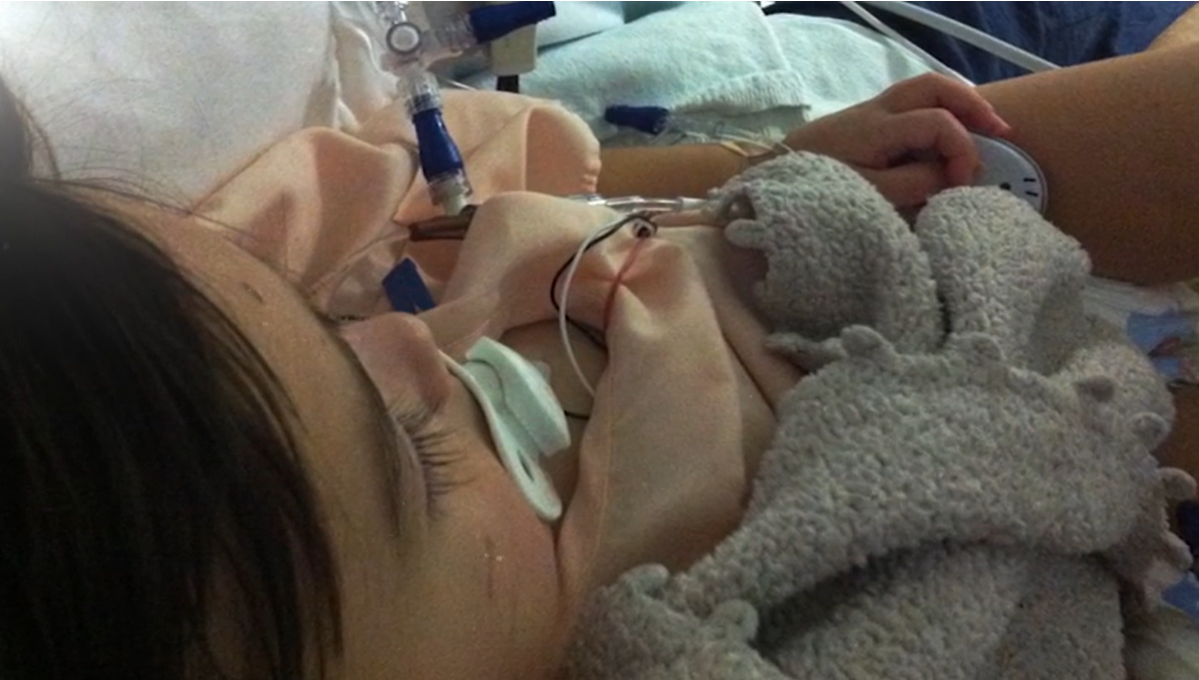Claudia Ruemmelein has had a successful career in finance. She always knew she wanted to build a family but wasn’t prepared for the challenges when the time came to try at 38 years old.
“I was waiting for my forever partner to start a family with the traditional way," Ruemmelein told NBC6. "I always knew that something was off."
She went through eight rounds of in vitro fertilization, or IVF, but none of them stuck.
“It’s been a marathon and I’m coming to the point where I am accepting that I might not be successful,” Ruemmelein said.
Get South Florida local news, weather forecasts and entertainment stories to your inbox. Sign up for NBC South Florida newsletters.
This week is National Infertility Awareness Week, which is dedicated to bringing attention to it and fertility care. Roughly 19% of married women struggle to become pregnant and the journey looks different for everyone.
“If you think about a group of five girlfriends, one of them has likely had difficulties with infertility and is struggling to build her family,” said Dr. Carolina Sueldo, double board-certified fertility specialist.
Dr. Sueldo has been working with Ruemmelein for the last couple of years and countless women on the journey that she describes as a marathon, not a sprint.
Health
“If you’re under the age of 35 and you’ve been having unprotected intercourse for a year, it’s time to see someone and get tested, but if you’re a woman is over the age of 35, we do believe that the biological clock is real and we actually shorten that time to six months,” Dr. Sueldo said.
The CDC reports 19% of married women are suffering from infertility and pregnancy outcomes or the risk of miscarriage stands at 26%.
“The actual physical IVF process is easy, I have zero problems injecting myself with whatever I need to inject myself with, the emotional part is the most difficult,” Ruemmelein said.
For each woman experiencing infertility, the course of action can be different, the cause, the timelines, but what’s consistent is the toll it takes, and not just physically.
“If you are relying on family and friends being a little bit selective about who you are communicating with many people will be very well-intentioned, but unfortunately, uninformed about the proper ways to deal with these issues," Dr. Sueldo said.
If you’re supporting a friend experiencing infertility, be present, Dr. Sueldo encourages.
“Just be present and listen and ask, ‘Do you want me to give advice?' 'Do you want to hear about the baby shower?' about the baby announcement, or all these types of things do you want to be involved or not,” Ruemmelein said.
For Ruemmelein, no matter what’s next for her, she said she has her happy ending: a family she created with her husband and his son. She advises women in their 20s to consider egg freezing and to the women going through the journey alongside her.
“It really is a game of patience and a lot of optimism," she said. "You really have to be optimistic.”
Infertility affects both men and women. To mark National Infertility Awareness Week, several lawmakers introduced a bipartisan bill to expand coverage of reproductive technology like IVF for federal workers.



